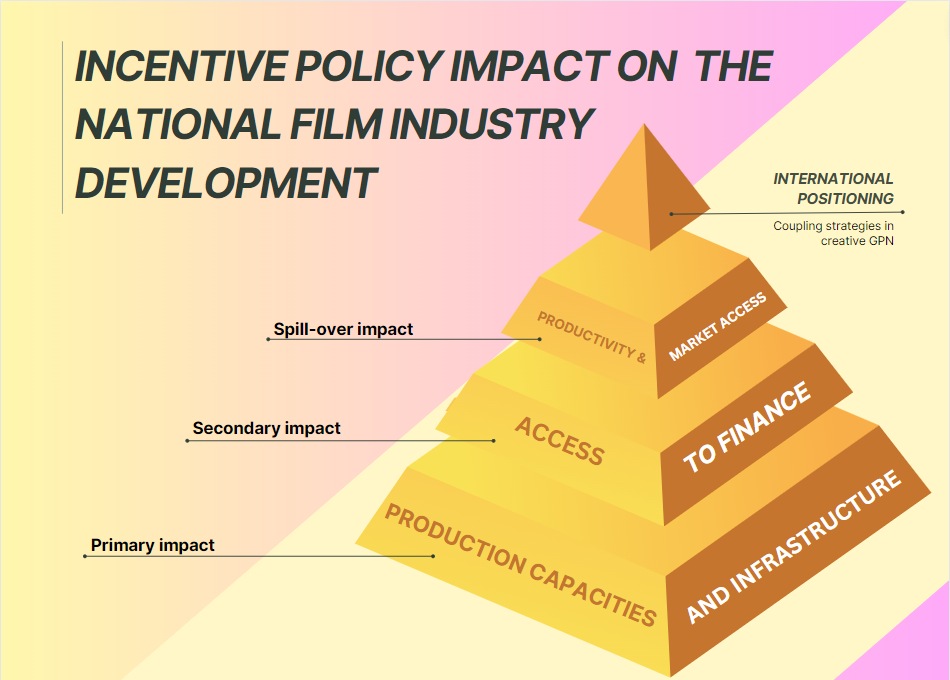The upcoming 7th Geography of Innovation Conference (GeoInno2024) hosted by The University of Manchester from January 10-12th, 2024 will feature representatives of the CIMR Dr Helen Lawton Smith, and Birkbeck alumni Milica Bozanic who will present her master’s dissertation under the MSc course in Management and Creative Industries at Birkbeck. The international conference provides a one-of-a-kind forum for discussion of scientific, policy and strategic issues concerning the spatial dimension of global innovation activities. Papers and panels include a variety of disciplines ranging from economic geography and regional science to economics and management science, sociology and network theory, and political and planning sciences.
The research supervised by CIMR deputy director Dr Marion Frenz examines the film incentive policy’s impact on the national film industry within the context of foreign direct investment (FDI) research. The dissertation discusses the policy trajectory on the European level by providing data analysis from the landlocked countries of Central and East Europe. By cross-examining national data and statistics with the stakeholders’ insights from Hungary, the Czech Republic, Lithuania and Serbia the research questions whether incentives have a positive economic impact on the development of the national film industry in the long run. The central research questions explore whether incentivizing mobile investments in the film industry increases industry infrastructure and human capacities, financial sources and spill-over effect, leading to the international recognition of the national film industry. Indirectly, the research embeds the global production network framework to examine the stance of small countries in the creative global production networks.
The research findings proved that incentive policies do not discriminate against the national film industry of the host countries in the long term. Moreover, film incentives as economic policy have a direct positive association with the growth of enterprises and people employed, as opposed to the national film funding which had no association with growth in film industry capacities in observed countries. The financial capacities of the industry were improved through incentives, as the two financial instruments have a strong mutual positive correlation to attract new financial sources into the industry. However, the research has also identified an inflation effect on the costs of production.
Overall, incentive impact in the film industry greatly aligns with findings in FDI research from the manufacturing industries, confirming the absorptive capacities of a country as a key determinant. On the other hand, the incentive policy affects only the production phase of the value chain and as such is only a partial solution to the market failure. Consequently, the financial incentive is not enough of an instrument to build a sustainable national film industry. The vagueness of the spill-over effect in terms of productivity and market access further hindered the potential role in the GPN.

In that regard, findings suggest that the spill-over potential of the incentive instrument should represent the focus of future policy developments. By focusing on intra-industry impact, the research paves the way for further academic development of a methodology tailored to the complexity of the film industry. The findings hold particular practical value for policymakers in smaller countries which are reliant on attracting mobile investments and export of film services.
The full paper will be presented together with researches on The Geography of Creative Activities and Industries and will be publicly available here.

